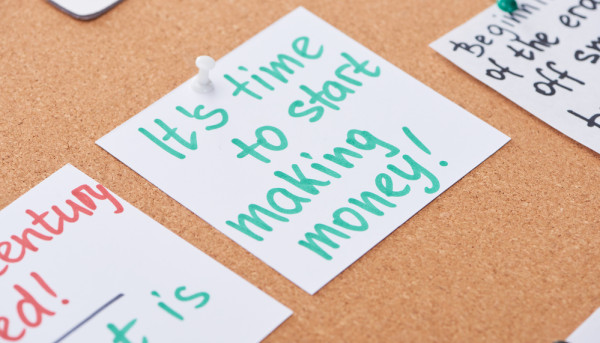Career Reflection and Resilience - Bouncing Back From Setbacks
Setbacks in career can be devastating, but they don't have to be. Building resilience involves keeping perspective and setting long-term goals.
Honest self-reflection allows leaders to draw invaluable lessons from mistakes and unnoticed strengths, becoming the catalyst that transforms raw potential into the glittering promise of career success.
1. Reflect on the Setback
Career setbacks can be devastating; whether that means being overlooked for promotion or being let go from your current job. But these moments of failure don't need to derail your career--instead, use them as opportunities to grow and learn from past experiences.
Start by reflecting on past setbacks and learning the lessons that you can draw from them. Be objective when evaluating what happened - was what transpired due to your performance or was another factor at work?
Remember why you initially decided on your career path; this will keep you motivated when faced with challenges in the form of missed opportunities or job loss. Furthermore, cultivate a strong professional network so as to bolster resilience - having this kind of support network in place provides much-needed assistance when facing obstacles that arise along your career journey.
2. Reframe the Setback
Once you've taken time to consider and process a setback--and sought support as necessary--it is crucial that you refocus your energy. Whether it be losing out on a promotion, getting passed over for a project, or ending a relationship - consider how these events could alter your perspective moving forward.
Consider your setback as an opportunity. Step back from your situation and observe from an outsider's viewpoint - imagine you are an observer at a movie theater watching yourself live from up close - what have you noticed that alters how you perceive this experience?
Cultivating a growth mindset is central to building career resilience. Taylor Swift serves as an excellent example; her early struggles as a country music artist led her out of her box and into pop music. Viewing your setbacks as opportunities to progress is an excellent way of developing resilience in your career journey.
3. Embrace the Setback
Recovering from career setbacks requires more than self-pity: those who rebound effectively look at how they contributed to the situation, whether they sized up the event appropriately and took action, as well as how to handle similar scenarios in future. They seek advice from various sources such as friends or family as well as taking online courses or enrolling in professional development workshops.
Resilient people channel negative energy into something constructive, such as starting a new project or hobby. Every situation provides energy; how you choose to manage that energy can either propel you forward or hold you back. Cultivating resilience may take practice but doing it regularly will prove its power and help turn career lemons into career lemonade.
4. Learn from the Setback
As soon as a setback occurs, it's vital to reflect and reassess your situation - this can help you mount a comeback while also avoiding repeating similar errors in future.
Take the time to learn from your experience - be it talking through it with others who have been in similar situations, or studying what can be done to overcome career setbacks and turn your knowledge into action! Utilize this opportunity as an opportunity for growth!
No one has an easy path up the corporate ladder, yet successful professionals know how to rebound from setbacks and continue on their journey. Use these career reflection and resilience strategies to turn professional lemons into lemonade and continue growing stronger!









